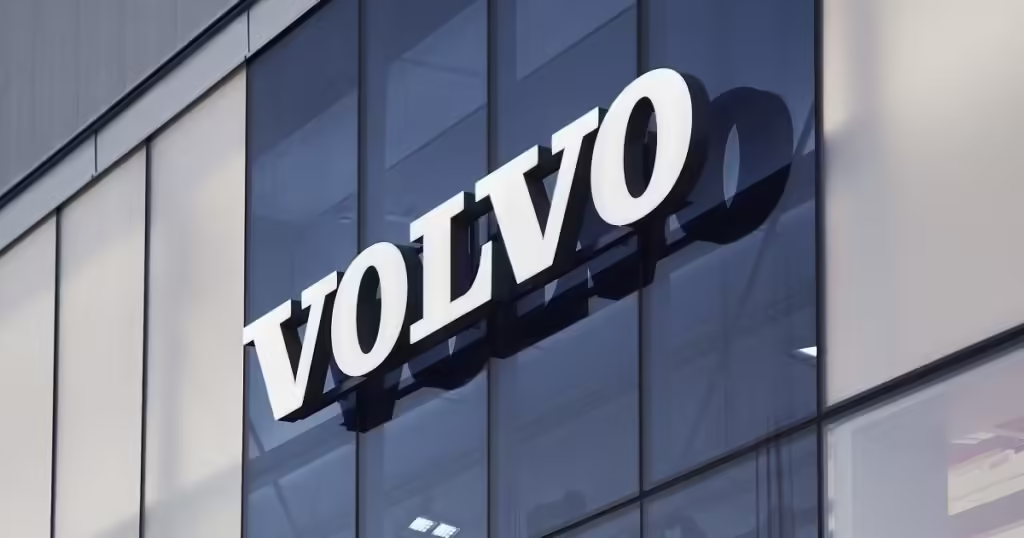
Volvo Cars has recently adjusted its profit and sales targets due to shifting market conditions and global trade complexities. The Swedish automaker, majority-owned by China’s Geely, now expects its operating profit margin for 2026 to land between 7-8%, a reduction from the previous target of above 8%. This revision comes as Volvo grapples with declining demand for electric vehicles (EVs) and the impact of tariffs, particularly those affecting vehicles produced in China and sold in the EU, U.S., and Canada.
In addition to scaling back its profit goals, Volvo has also abandoned a previous sales target of SEK 550-600 billion (approximately $53.5-58.4 billion), instead opting for a strategy focused on outperforming the premium car market by 2026. This is the second such adjustment within a year; in early 2024, the company backed away from an ambitious sales target of 1.2 million cars annually by mid-decade, citing similar challenges.
These moves come amid a broader re-evaluation of its electrification strategy. While the company initially planned to transition entirely to EVs by 2030, it has now scaled back that goal, aiming for 90-100% of its sales to be electrified vehicles by that time. CEO Jim Rowan emphasized that Volvo’s strategy remains focused on progress and adaptation, as the company navigates a more complex economic landscape.
Volvo’s adjustments reflect the broader challenges facing the automotive industry, particularly the EV sector, where competition, tariffs, and fluctuating demand are shaping the future of sales and profitability.





